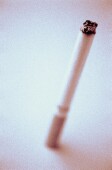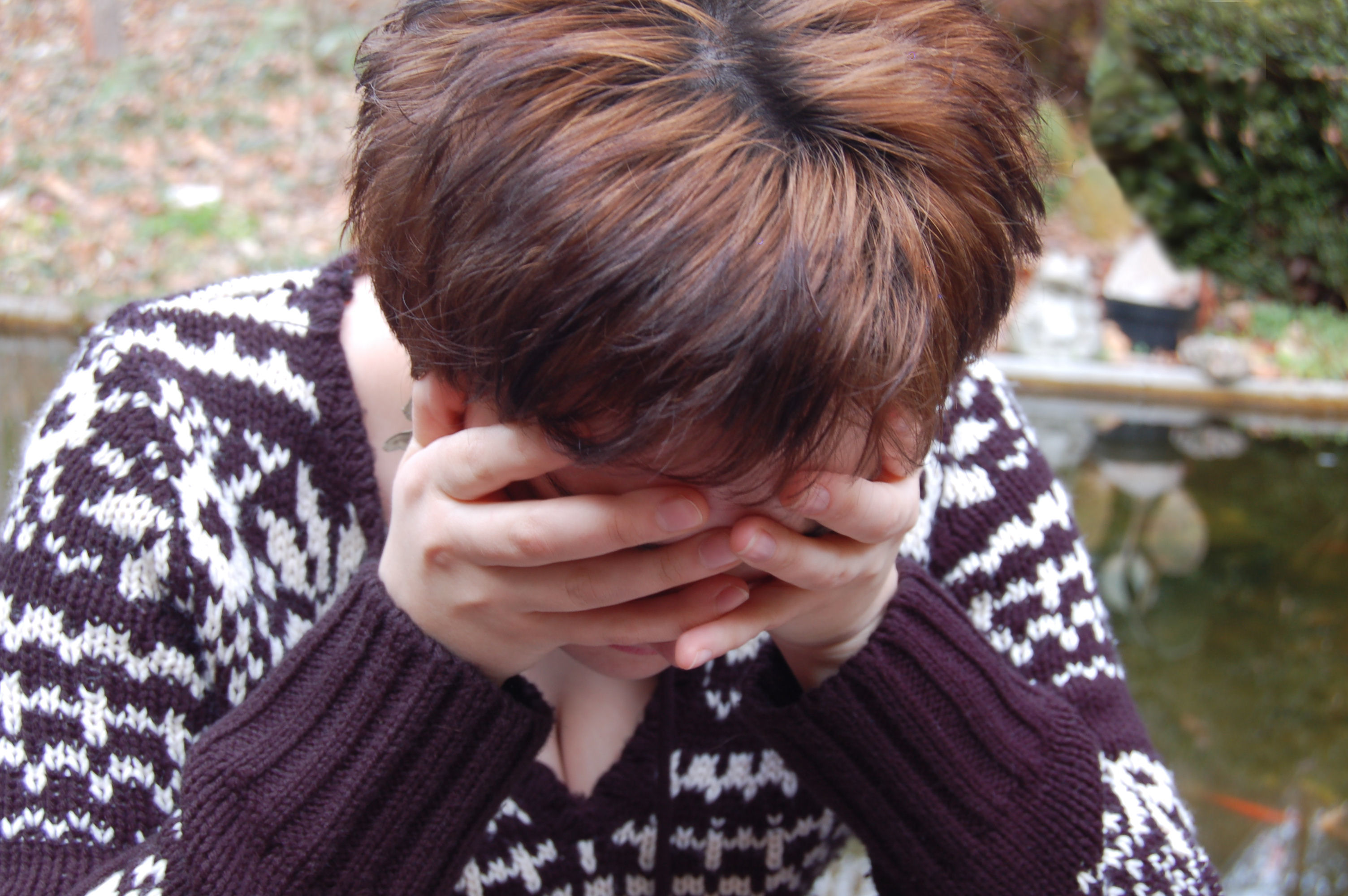
FRIDAY, March 30 (HealthDay News) — The health effects of early life exposure to secondhand smoke appear to be greater in girls than in boys, a new study finds.
University of Cincinnati researchers looked at 476 children and found that those who were exposed to high levels of secondhand smoke and also had allergic sensitizations at age 2 were at higher risk for decreased lung function at age 7.
The investigators also found that lung function among children exposed to similar levels of secondhand smoke and allergic sensitization — in which the immune system develops antibodies that show up in an allergy test — was six times worse in girls than in boys.
“Our study shows that the timing of allergic sensitization is crucial because children who are sensitized by age 2 are more likely to suffer the greatest lung deficits during childhood as a result of secondhand-smoke exposure,” study first author Kelly Brunst, a doctoral candidate in the epidemiology and biostatistics division at the University of Cincinnati, said in a university news release.
“This association was not observed at age 4 or 7, emphasizing the importance of this critical window for lung development,” Brunst added.
The study, conducted by epidemiologists with the university’s Cincinnati Childhood Allergy and Air Pollution Study (CCAAPS), was published online March 21 in the journal Pediatric Allergy and Immunology.
“Our results provide valuable information regarding the interwoven relationships between early-life exposure to secondhand tobacco smoke, allergic sensitization, gender and lung function,” Grace LeMasters, a professor of environmental health and principal investigator at CCAAPS, said in the news release.
“It’s likely that the complex interaction between secondhand smoke and pulmonary [lung] function loss in boys and girls is ultimately dependent on the timing of exposure as well as the child’s ‘total load’ in relationship to cumulative risk factors — exposures, allergic sensitization, asthma status, genetic susceptibility and sex hormones,” LeMasters said.
More information
The U.S. Department of Health and Human Services has more about children and secondhand smoke.

